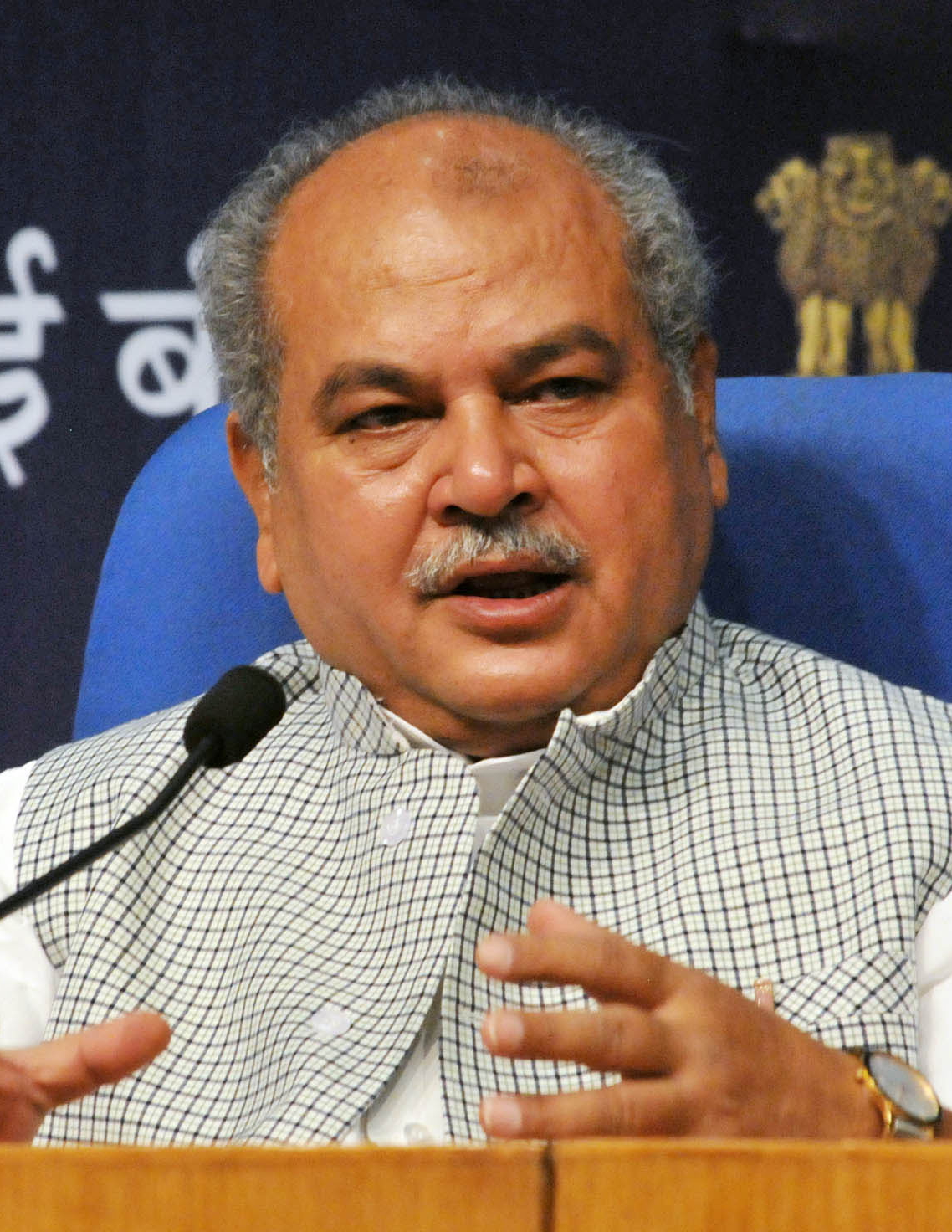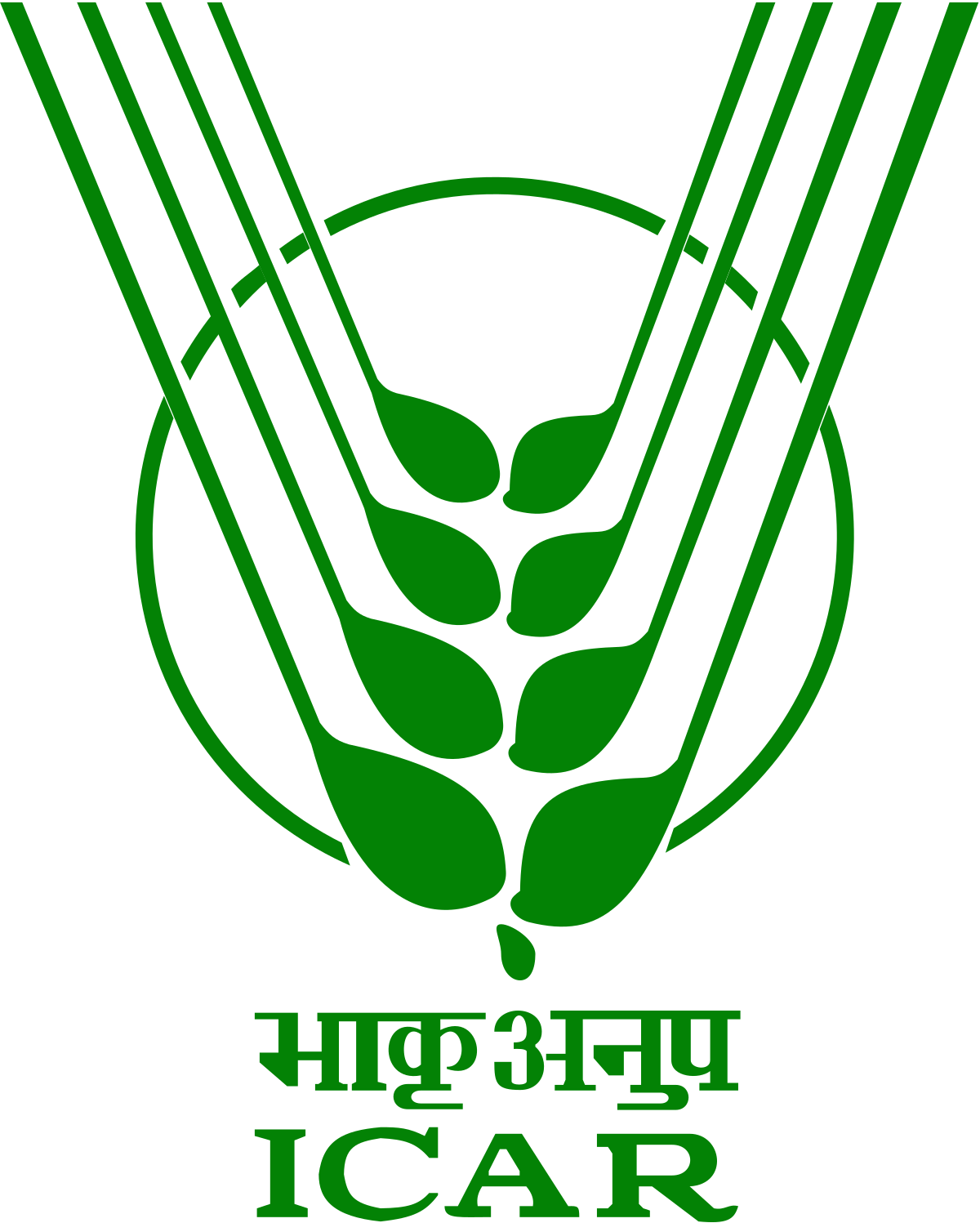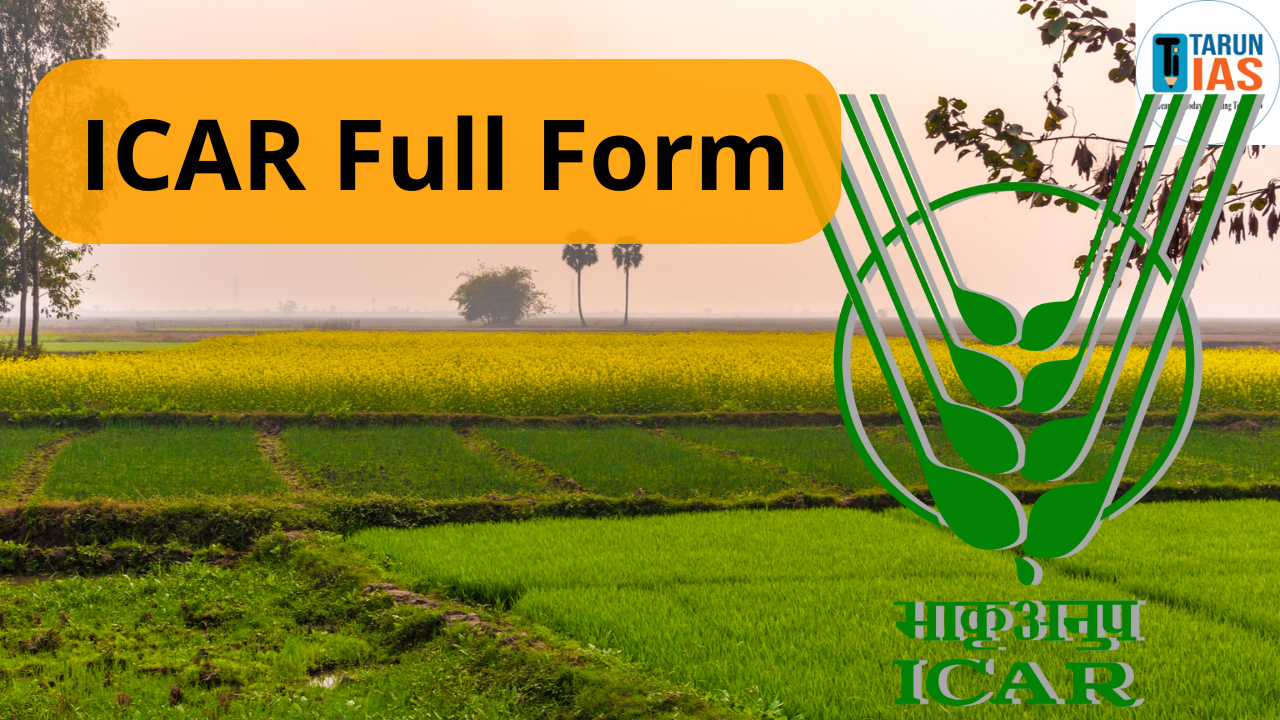ICAR is not just a research organization. It is the backbone of India’s agricultural growth, especially in terms of education, technology, innovation, and rural development.It plays a key role in ensuring food security and improving the livelihood of millions of farmers across the country. Through its wide network of research institutes and agricultural universities, ICAR drives progress from lab to land.
What is ICAR Full Form?
ICAR full form is Indian Council of Agricultural Research. It is an autonomous organization under the Ministry of Agriculture and Farmers Welfare. ICAR plays a key role in coordinating agricultural education, research, and extension activities across India.
What is ICAR?
The Indian Council of Agricultural Research. It is an autonomous body under the Department of Agricultural Research and Education (DARE), Ministry of Agriculture and Farmers Welfare, Government of India.
ICAR is responsible for guiding, coordinating, and managing agricultural research and education across the entire country. It plays a leading role in promoting new agricultural techniques, developing better crop varieties, improving animal husbandry, and advancing the overall rural economy.

Where is ICAR Headquarter?
ICAR’s headquarters is located in New Delhi. ICAR’s headquarters is located in New Delhi.
It serves as the central hub for coordinating agricultural research and education across the country. The headquarters also oversees policy-making, funding, and implementation of national agricultural programs
Who is Chairman of ICAR?
The position is held by Shri Narendra Singh Tomar, who also serves as the President of ICAR, according to the Indian Council of Agricultural Research. The ICAR is an autonomous organization responsible for coordinating agricultural education and research in India.
ICAR Full Form History
ICAR was established on 16th July 1929 during British rule under the Societies Registration Act, 1860. Initially, it was called the Imperial Council of Agricultural Research. After independence, the name was changed to Indian Council of Agricultural Research to reflect India’s own vision and mission in agricultural development.From a small setup, it has now grown into one of the largest national agricultural systems in the world, with a strong network of 101 research institutes and 71 agricultural universities.

Why is ICAR Important for India?
ICAR has contributed to every major improvement in Indian agriculture since independence. Most of us have studied about the Green Revolution in school. Because of ICAR’s research, India became self-sufficient in food production. The council has helped in the creation of high-yielding seeds, improved irrigation techniques, soil testing methods, and modern farming practices. Let me share some actual numbers to show ICAR’s impact:
- Food grain production increased 5 times
- Horticulture crops went up by 9.5 times
- Fish production increased by 12.5 times
- Egg production grew 39 times
- Milk production rose by 7.8 times
These results show how ICAR’s continuous research and innovation made India not just self-reliant but also a major exporter of agricultural goods.
Fields Covered by ICAR
Many people think that ICAR only deals with farming and crops. ICAR works in multiple areas that are directly or indirectly related to agriculture. These include:
- Horticultural Science – research on fruits, vegetables, flowers
- Crop Science – developing new crop varieties
- Animal Science – improving livestock breeds and health
- Fisheries Science – increasing fish production sustainably
- Natural Resource Management – using soil and water wisely
- Agricultural Engineering – designing modern tools and machinery
- Knowledge Management – digital platforms for education and research
- Agricultural Education – training future agricultural experts
Major Achievements of ICAR
Over the last 90+ years, ICAR has achieved several milestones that helped shape Indian agriculture.
| Year | Achievement | Description |
| 1957 | Coordinated Research Project on Maize | First nationwide initiative to boost maize production through scientific research. |
| 1958 | IARI became a University | Indian Agricultural Research Institute in Delhi got university status to train agricultural students. |
| 1973 | Creation of DARE | Department of Agricultural Research and Education set up to guide ICAR policies at the national level. |
| 1974 | First Krishi Vigyan Kendra (KVK) | Farm science centre launched in Puducherry to transfer lab research to farms. |
| 1975 | Formation of ASRB | Agricultural Scientists Recruitment Board set up to recruit top scientists for ICAR institutes. |
| 1979 | Lab-to-Land Program | Brought scientific research directly to farmers for practical application on farms. |
| 1995 | Institution-Village Linkage Program | Connected research institutes with villages to solve farmers’ local problems in real time. |
| 1996 | National Gene Bank | Launched in New Delhi to preserve seeds and plant biodiversity for future generations. |
| 1989 & 2004 | King Baudouin Awards | Prestigious international awards won for ICAR’s outstanding contribution to agriculture. |
| 2005 | National Agricultural Innovation Project | Introduced modern technologies and innovations to boost agricultural productivity. |
ICAR Role in Agricultural Education
The very important role of ICAR is in agricultural education. It sets the standard for teaching quality in all agricultural colleges and universities. It does this through the National Agricultural Education Accreditation Board (NAEAB), which was formed in 1996 and renamed in 2017.
Accreditation means checking whether a college is offering quality education or not. If a college is not accredited by ICAR, its degrees may not be accepted for jobs or higher studies in many places. For example:
- In 2021, Goa University cancelled its link with a college due to lack of ICAR accreditation.
- In 2022, some students were denied admission to Rajiv Gandhi University because their B.Sc. Agriculture degree was from a non-accredited college.
How ICAR Helps Farmers
ICAR is not just a body that writes research papers. It actually goes to the fields and helps farmers through:
- Krishi Vigyan Kendras (KVKs) – These centers offer on-the-ground training and demonstrations.
- Mobile Apps & Helplines – Farmers can get real-time advice on pests, prices, and weather.
- Workshops & Training – Both short and long-term programs to teach better farming practices.
- Collaboration with NGOs & SHGs – ICAR supports local efforts in sustainable farming and women’s empowerment.
This farmer-first approach has made ICAR one of the most respected institutions in rural India.
ICAR and Government Schemes
ICAR is often the knowledge partner for big government schemes such as:
- PM-KISAN
- Soil Health Card Scheme
- Paramparagat Krishi Vikas Yojana (organic farming)
- National Mission on Sustainable Agriculture (NMSA)
Conclusion
To summarize, ICAR (Indian Council of Agricultural Research) is one of the most important institutions in India’s development. Established in 1929, it has helped our country become self-reliant in food, improved farmer income, supported agricultural education, and strengthened research and innovation.
ICAR full form FAQs
What is full form of ICAR?
The full form of ICAR is Indian Council of Agricultural Research.
What is ICAR?
ICAR is an autonomous organization under the Ministry of Agriculture and Farmers Welfare. It manages agricultural research and education in India.
When was ICAR established?
ICAR was established on 16th July 1929 during British rule. It was first called the Imperial Council of Agricultural Research.
Where is ICAR headquarters located?
The headquarters of ICAR is in New Delhi, India.
Who is the current Chairman or President of ICAR?
Shri Narendra Singh Tomar is the current President of ICAR.
Why is ICAR important for Indian agriculture?
ICAR helped India become self-sufficient in food production. It developed high-yield seeds, better irrigation, and modern farming techniques.
How does ICAR help farmers directly?
ICAR helps farmers through:
Krishi Vigyan Kendras (KVKs)
Mobile apps and helplines
Training programs and workshops
Collaboration with NGOs and Self-Help Groups (SHGs)















